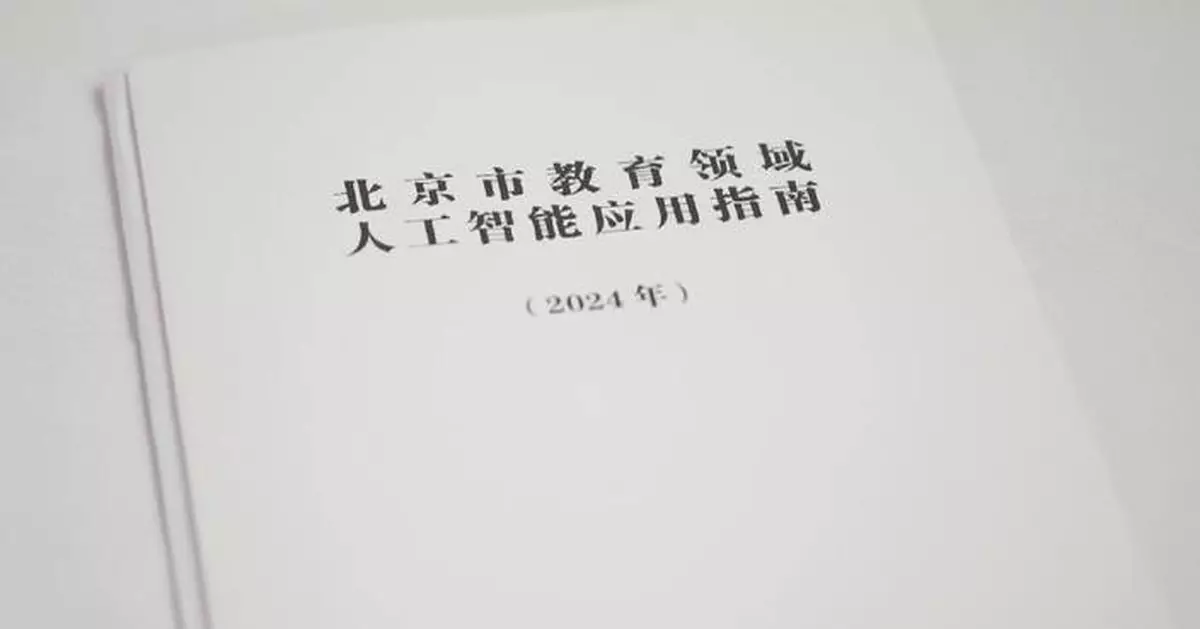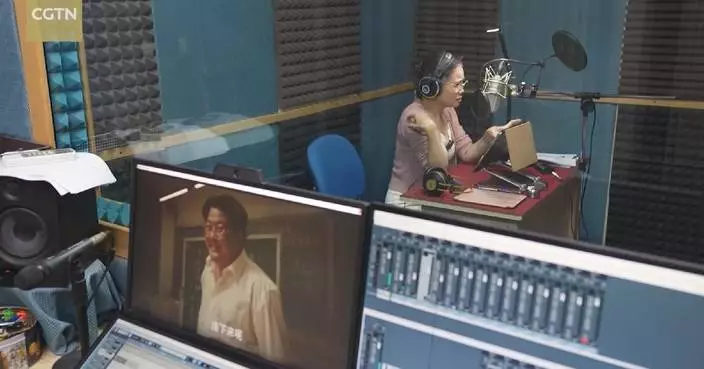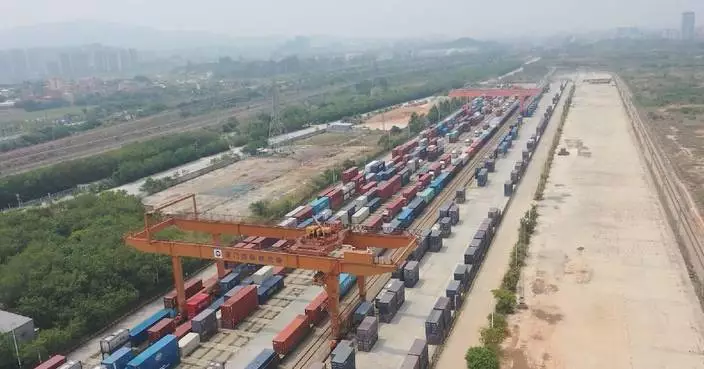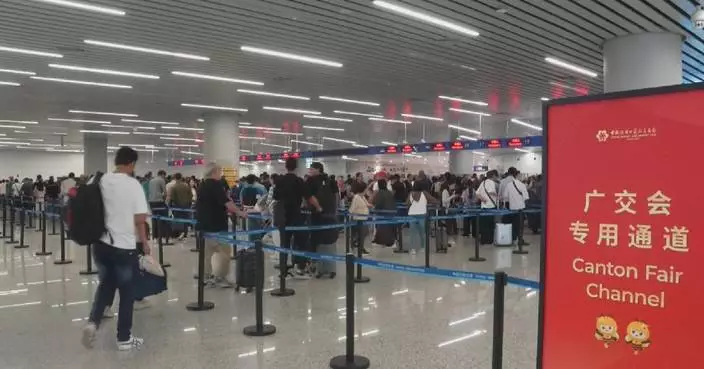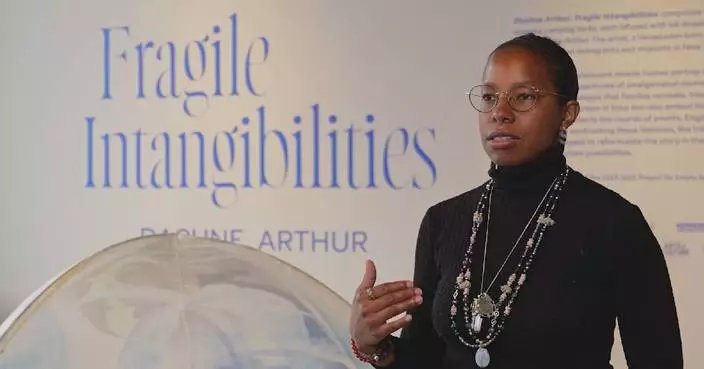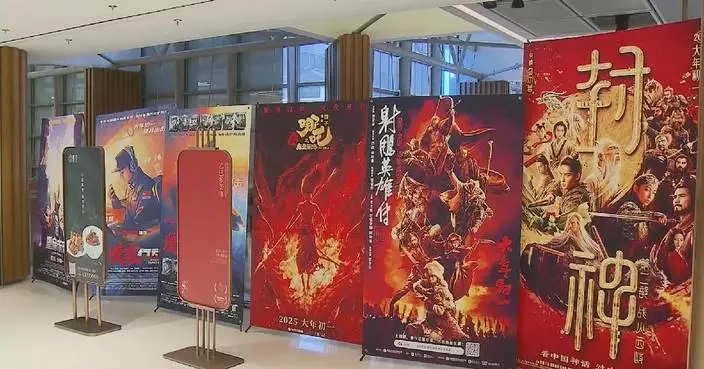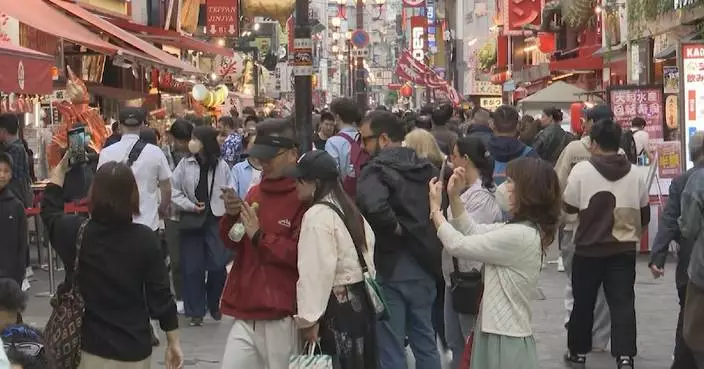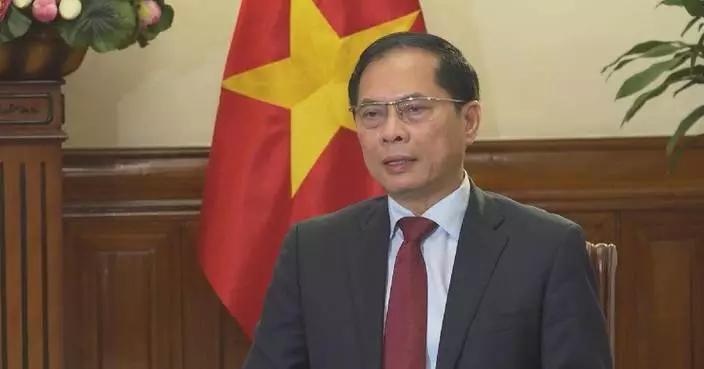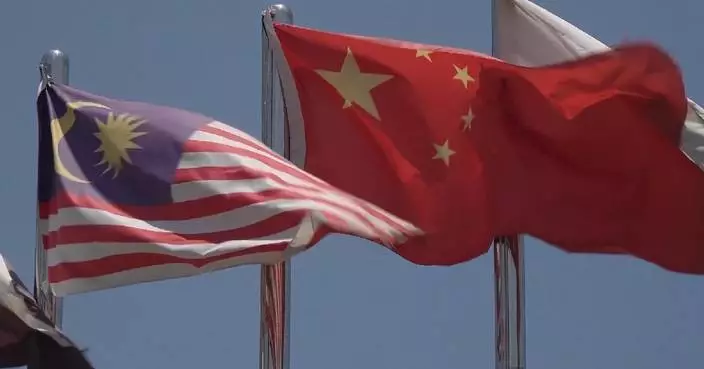Beijing on Saturday released its first guide on the application of artificial intelligence (AI) in education as schools across China are increasingly integrating the technology into their teaching practices.
The Beijing Municipal Education Commission released the guide at a conference on advancing digital education.
The guide sets out regulations for 29 typical scenarios in six key areas of educational practices and is subject to update annually, in line with technological advances and teaching needs.
With a student-centered approach, it encourages schools to explore the use of AI in designing curriculum, crafting individualized learning plans, and analyzing data to improve overall educational outcomes.
"For instance, in compulsory education, the standardized curriculum requires 10 percent of interdisciplinary thematic learning for the students. This guide will lead teachers to apply AI in this regard and help strengthen their capabilities in interdisciplinary teaching practices," said Zhan Weihua, deputy head of the Basic Education and Teaching Research Center of the Beijing Academy of Educational Sciences, during an interview with China Central Television.
The guide highlights the need to explore AI application in reading, physical training, art teaching and individualized psychological support in educational practices, and the importance of strictly protecting personal privacy and sensitive information.
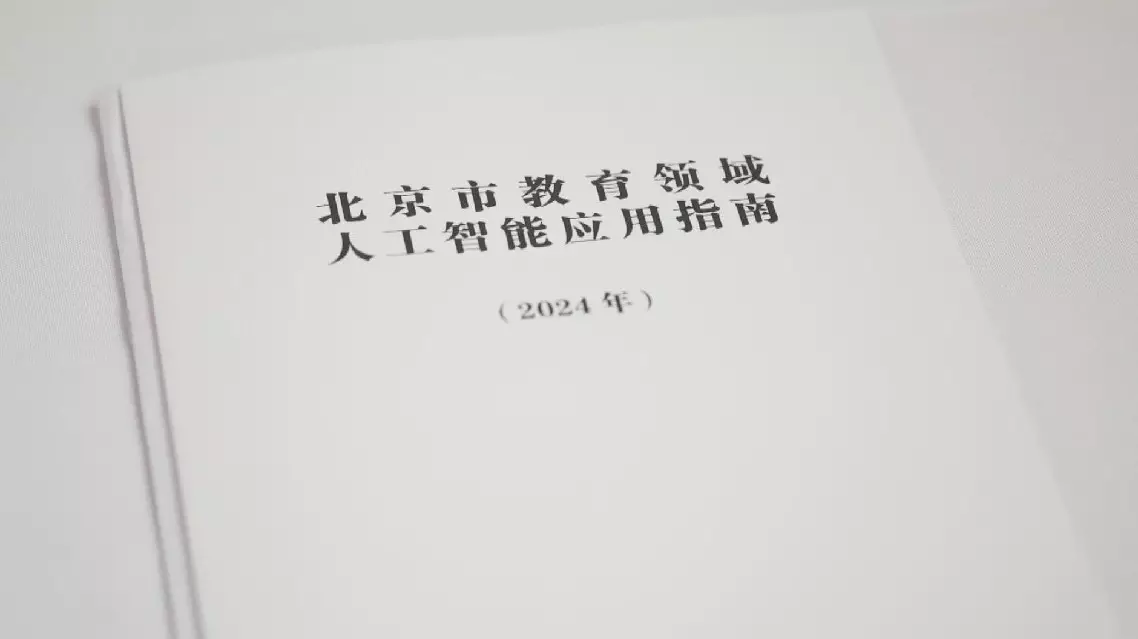
Beijing releases guide on use of AI in education
The fifth China International Consumer Products Expo (CICPE) opened in south China's island province of Hainan on Sunday with a record scale of global participation.
More than 1,700 companies from 71 countries and regions are participating in China's only national-level exhibition focused on consumer goods, showcasing over 4,100 brands.
Two special exhibition zones, respectively, on artificial intelligence (AI) and low-altitude economy applications, are set for the first time in Hall No. 1, where nearly 90 enterprises are showcasing their newest products and services, including more than 20 leading corporations in consumer electronics and cutting-edge sci-techs.
Brands like Huawei and Unitree are demonstrating products such as the latest smartphones and humanoid robots.
Live displays of low-altitude techs, such as Xpeng AeroHT's "flying car" and EHang's drones for cross-sea transport and tourism, are taking center stage.
China's Ministry of Commerce, one of the organizers of the CICPE, launched the "Shopping in China" campaign on Sunday morning, a nationwide initiative promoting shopping, dining, and tourism, as well as exhibitions and performances with about 30 activities throughout the year.
"Since five years (ago), we [have been participating in this] Hainan expo. We have now a company in Hainan. I am now living in Hainan. We have customers all over China. It's very big. The opportunity of China is the size of the market," said Ramel Francois Felix, CEO of Les Vignerons du Castelas.
"When we joined the consumer products expo last year, 80 percent of the exhibits we brought here were produced exactly according to designs for Pakistani people. So this year, we have brought different exhibits, many of which were designed with Chinese cultural elements," said a Pakistani exhibitor.
The first Singaporean exhibition group of enterprises appeared at the expo.
"Singapore selected five enterprises to attend the fifth CICPE. China's huge consumer market is their primary focus, and they hope this expo will help them enter the Chinese market and find some good business partners to sell their products better," said Liu Peng, chief representative with the Singapore representative office of the Hainan Provincial Bureau of International Economic Development.
The 2025 CICPE is bridging global brands with China's market, highlighting Hainan's role as a key free trade hub.
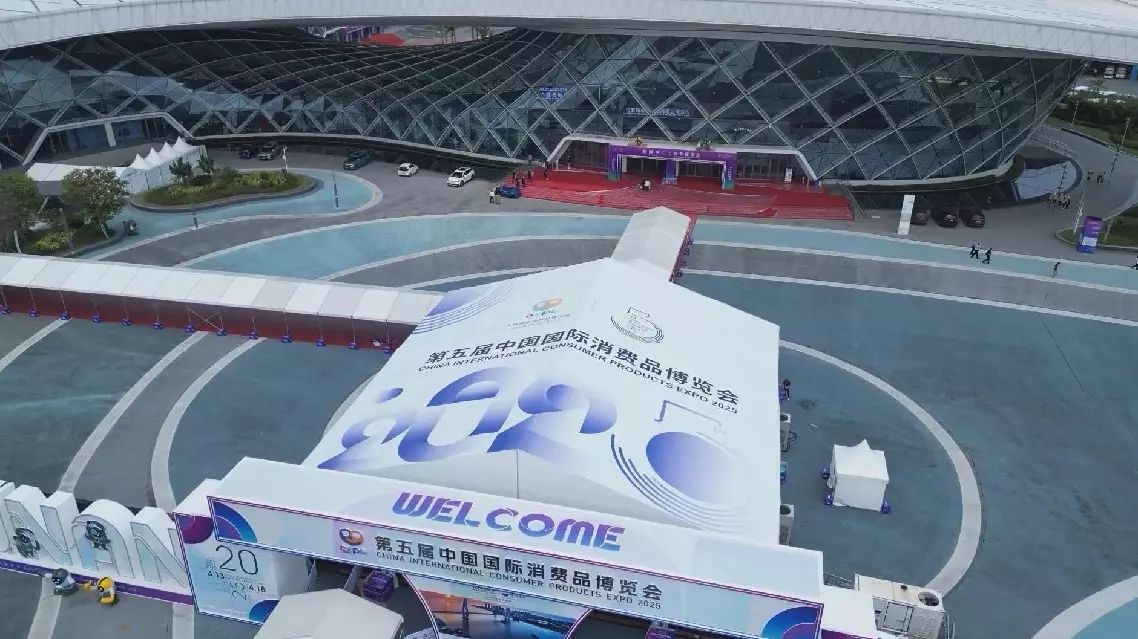
China International Consumer Products Expo opens with record scale of global participation



